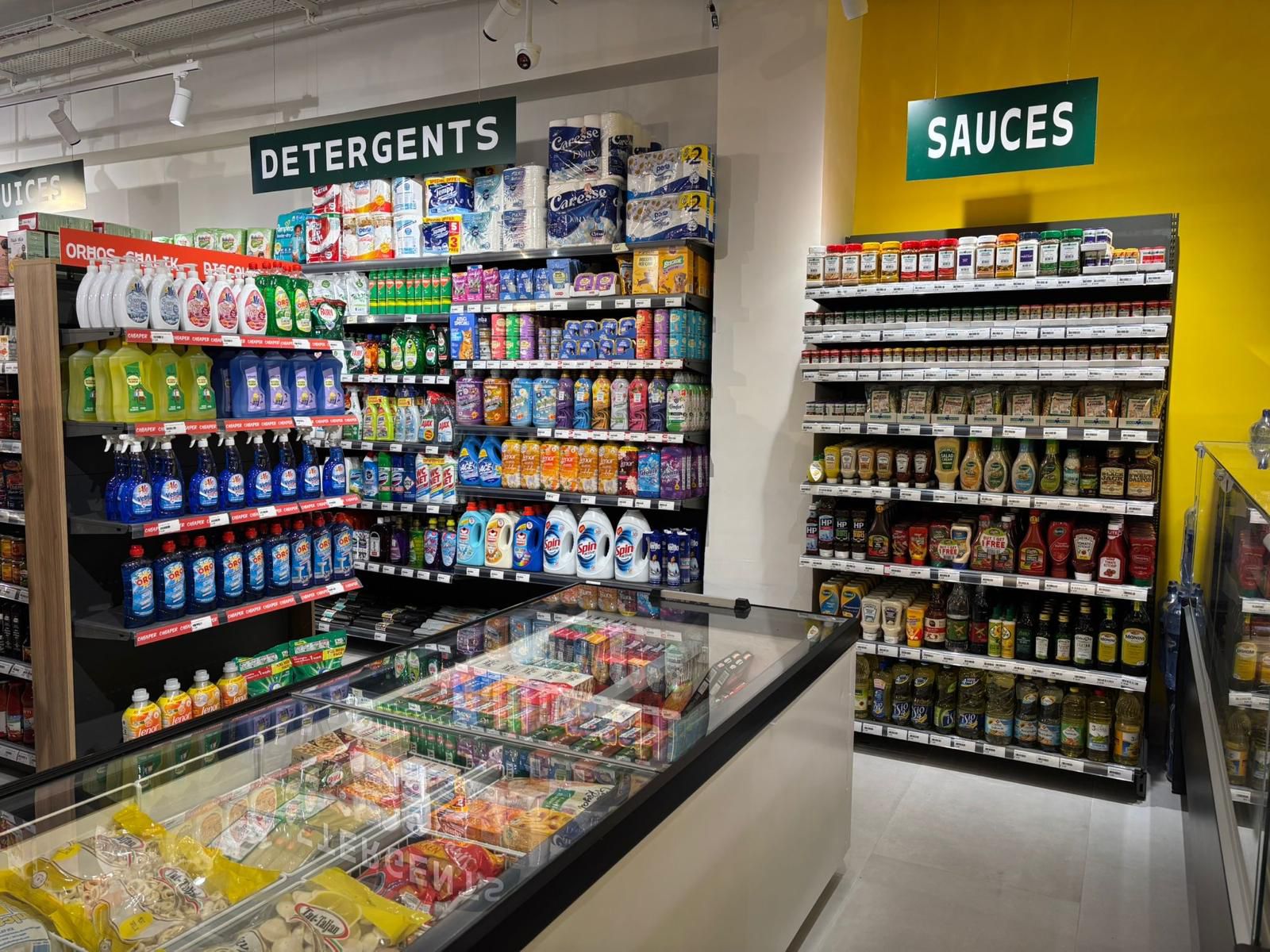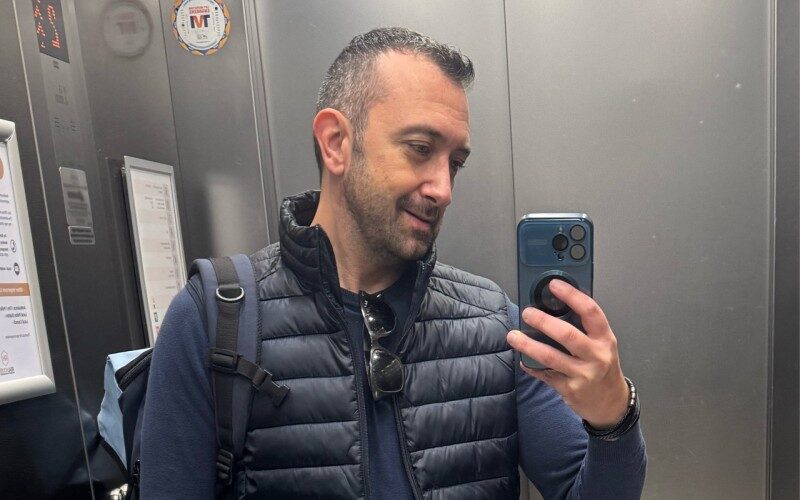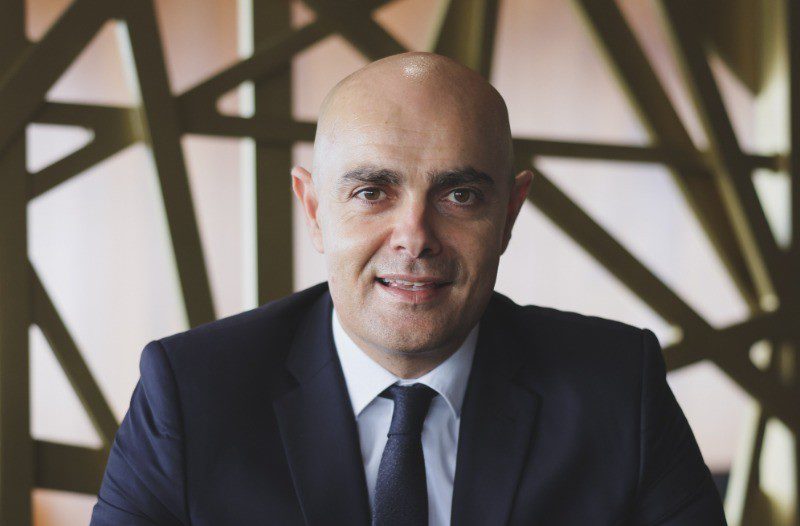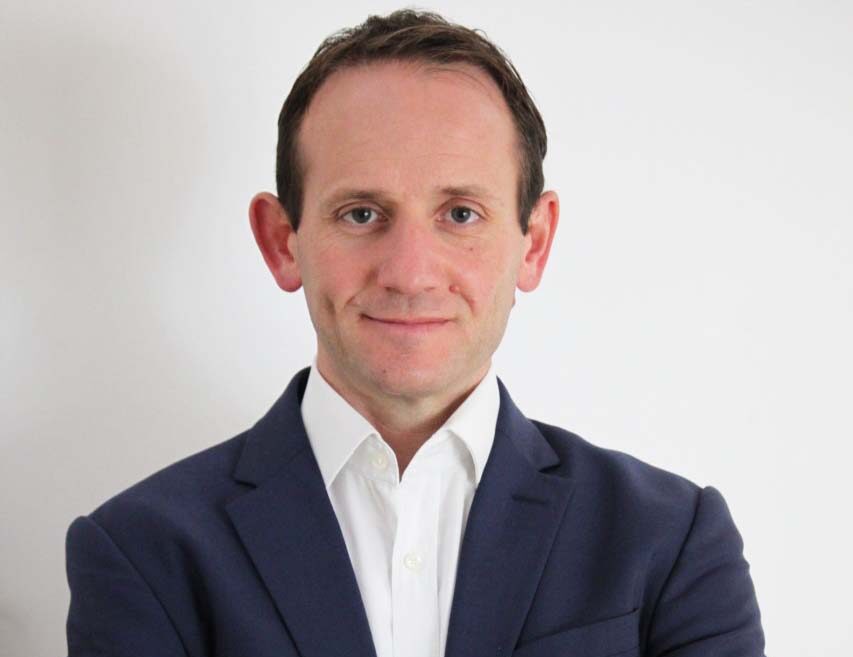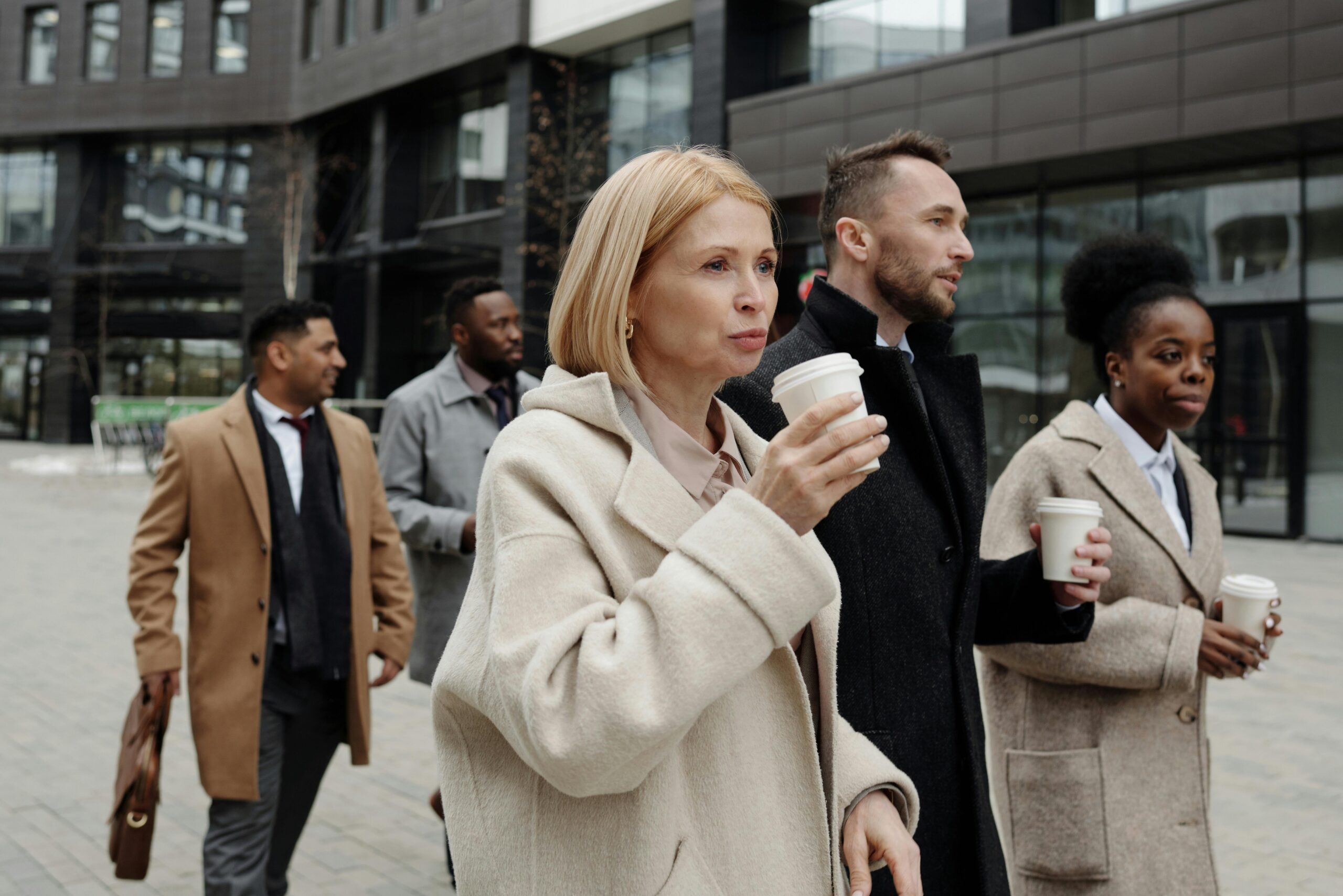The debate around hybrid work has shifted over the past few years, but for Paul Grech, Senior Manager in charge of Strategy and Investments at GO plc and Head of Investments at GO Ventures, it’s not just about working from home or the office – it’s about how we design workspaces and interactions to make teams thrive.
“I believe in hybrid working,” Mr Grech says. “The idea that everyone needs to be in the office eight hours a day, five days a week feels outdated and restrictive.” He admits that perhaps his introverted side appreciates those days working from home, where “a lot of deep thinking happens.”
Yet, Mr Grech is quick to point out that hybrid work should not be misunderstood as simply giving people the option to log in remotely. In fact, he cautions against the traps many organisations fall into: Trying to control employees’ time and presence out of a lack of trust, or relying solely on teambuilding activities to foster connections.
Mr Grech observes that far too often, companies push for in-office presence because managers want to see “their” employees at the desk to feel confident they are working. He challenges this mindset, asking: “Surely we have evolved to be better than that?”
The hybrid approach, he argues, demands more intentionality. Simply splitting time between office and home isn’t enough. Without deliberate design, hybrid can erode spontaneous interactions – the informal exchanges where ideas are sparked, trust is built, and culture is strengthened.
This is where Mr Grech introduces the concept of “second spaces”: Informal environments like lounges, shared kitchens, canteens, flexible collaboration zones, and even the old water cooler.
“These offer a space where people can meet, mingle, and talk. This is where relationships are formed and ideas flow without an agenda. Often, this is where the best solutions emerge,” he explains.
While many companies turn to offsite teambuilding or away days to bring teams together, Mr Grech believes these are only temporary fixes. He argues that if a company finds itself planning frequent offsites just to get people to connect, “it’s usually a symptom of a deeper problem that no offsite alone can fix.”
For startups, Mr Grech sees second spaces as even more critical. Early-stage teams thrive on rapid feedback, creative collisions, and a strong sense of shared purpose – all of which are difficult to sustain without organic, day-to-day interactions.
“Founders find themselves having to chase others to ensure that there is the kind of alignment that should be happening naturally,” he says. Without baked-in opportunities for informal connection, alignment and momentum inevitably slow, and by the time leadership notices, “it’s often too late.”
Importantly, Mr Grech notes that these challenges aren’t limited to teams working remotely. They can just as easily occur in companies where people are “cooped up in the same office every day of the week.”
For Mr Grech, hybrid working is not an unfortunate side effect of the COVID-19 era that needs correcting – it’s an opportunity. “Hybrid isn’t a compromise,” he writes. “It’s a chance to build something better.”
But to do that, organisations must design for hybrid, not just let it happen. Without carefully creating the right spaces and opportunities, companies risk “just building silos in new locations.”
Ultimately, Mr Grech reminds us that culture doesn’t live in mission statements or policy documents. “It lives in moments. If we don’t create the spaces where those moments can happen, we risk losing what makes our teams great in the first place.”
Castille CEO Matthew Camilleri appointed Chair of Irish Tech Industry Alliance
He has led Castille in building a trusted engineering network active in over 30 countries.
How to manage unhappy clients when your team is stretched thin
Clients understand that no team is perfect – but they will remember how you handled the storm when it hit.
FPEI to host free webinar for startup visibility
It is intended for smaller businesses that want to stand out in a crowded marketplace.
Malta’s bosses rate themselves 4.37/5 in efficacy and confidence
A new survey reveals crucial insights into the strengths and fractures within Malta’s employer-employee dynamics.



